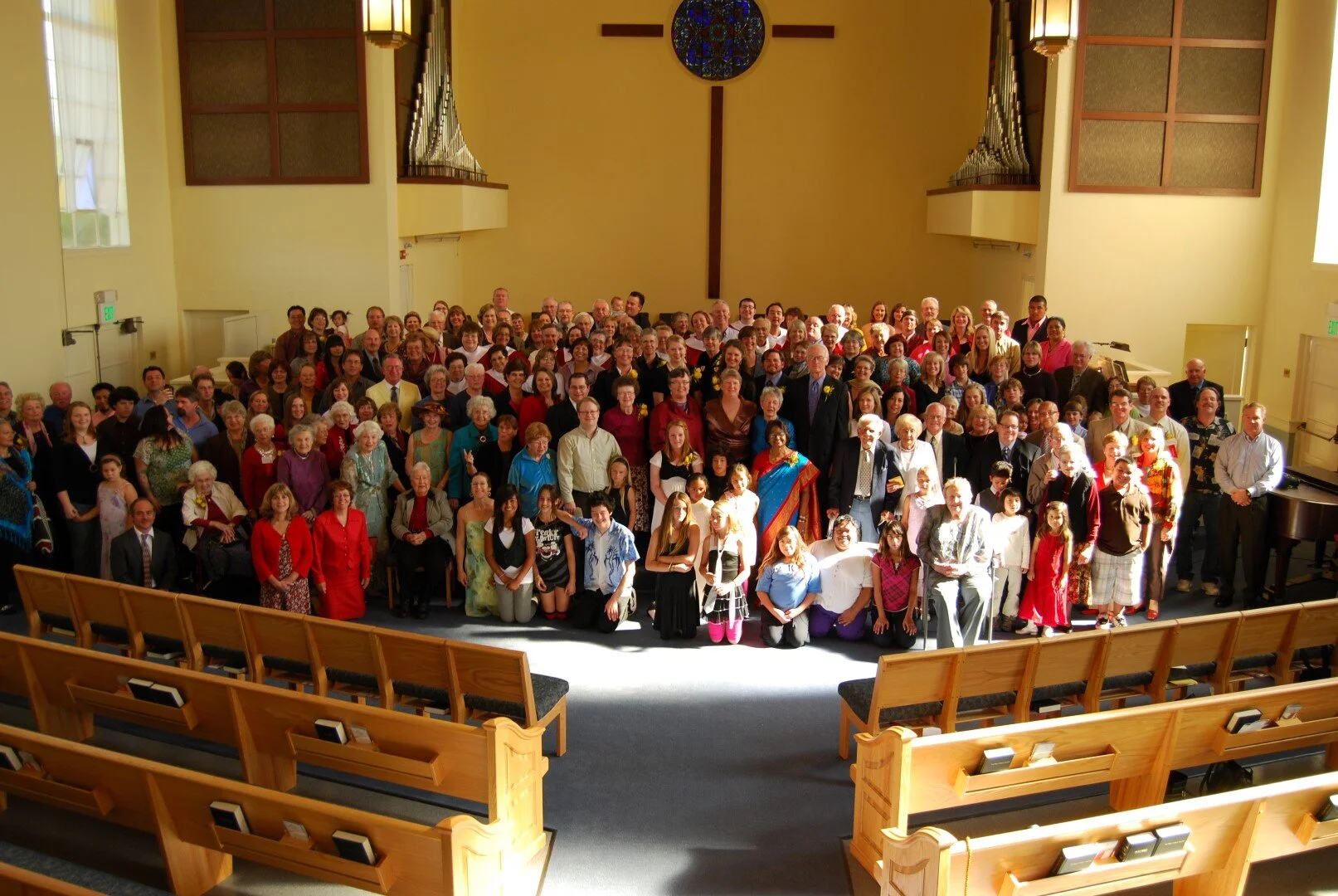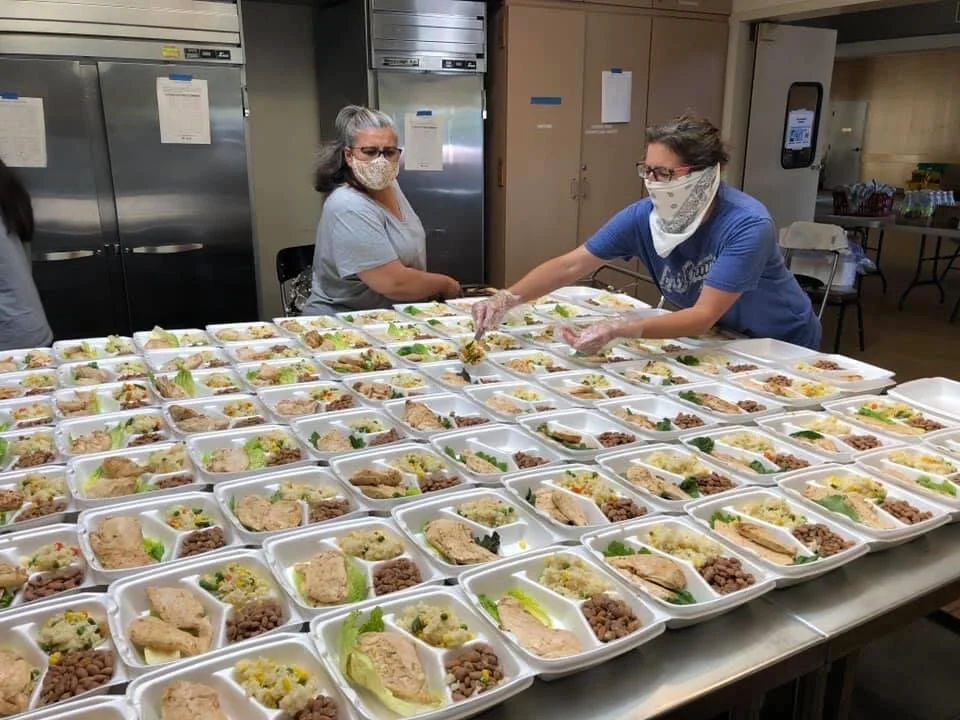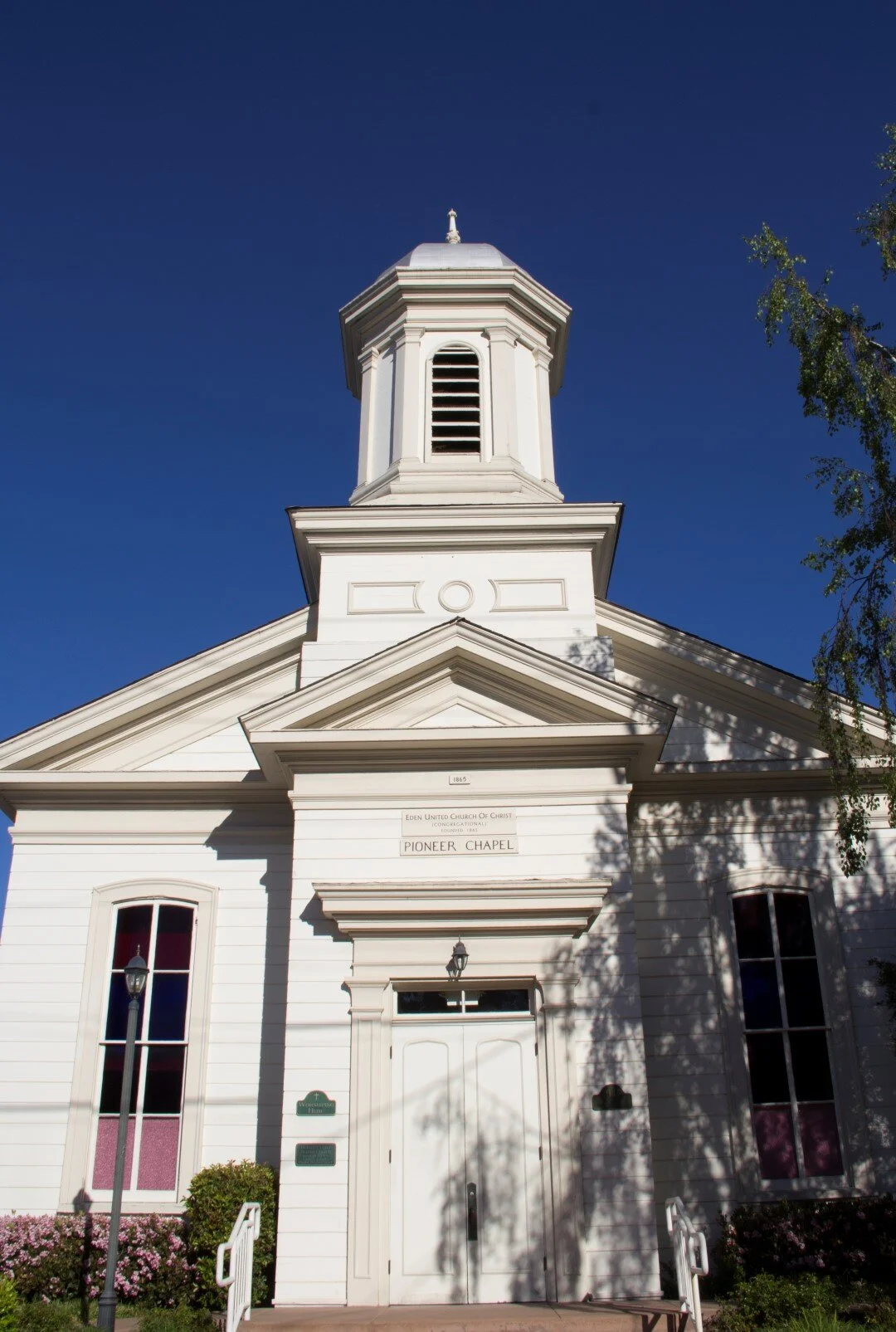Hughes’ opening question, “What happens to a dream deferred?” has been echoing in my head daily since the Shelter In Place Order was announced:
What happens to a dream deferred? What happens to a child who doesn’t have a digital tablet at home, a WIFI connection, and sufficient bandwidth to participate in distance learning classes, or who doesn’t have their own study space to focus on their studies?
What happens to a dream deferred? What happens to a child who misses meals because his school is closed or her parents don’t have a car or gas money to drive to a food pantry?
What happens to a dream deferred? What happens to a child who is confined to a bedroom for days on end, because someone in the house is in isolation? What happens to children who are left without adult supervision, because their parents have to choose between work and homelessness?
What happens to a dream deferred? What happens to a high school graduate who is admitted to a selective university, but whose family has to choose between rent and tuition? What happens to a cosmetology school graduate who can’t open a shop because of COVID-19, and what happens to a university graduate who got all A’s but can’t find a job in the down economy?
What happens to a dream deferred? What happens to a DACA student--a “Dreamer”--who is repeatedly subjected to the bully talk and the bully walk of our nation’s president, who scapegoats them in an effort to rally his base for the general election? What happens to asylum seekers whose cases are frozen in court, who can’t get public benefits or apply for a job because they don’t have a Social Security number?
This past Friday morning, a reporter on NPR interviewed a panel of educators, doctors, and child welfare specialists exploring what they thought would be the impact of the pandemic and economic losses on the children who are growing up in the midst of this pandemic.
The responses ranged from mixed--depending on a variety of social factors--to very grim. One educator in particular expressed the concern that those who are children now might one day be labeled “the lost generation,” as a result of suffering the downside of social disparities related to their race, class, nation of origin, health status, and special needs.
It doesn’t take any effort to feel discouraged or to worry in these times, even if we are not among the “extremely vulnerable” groups in this pandemic.
Read More




















